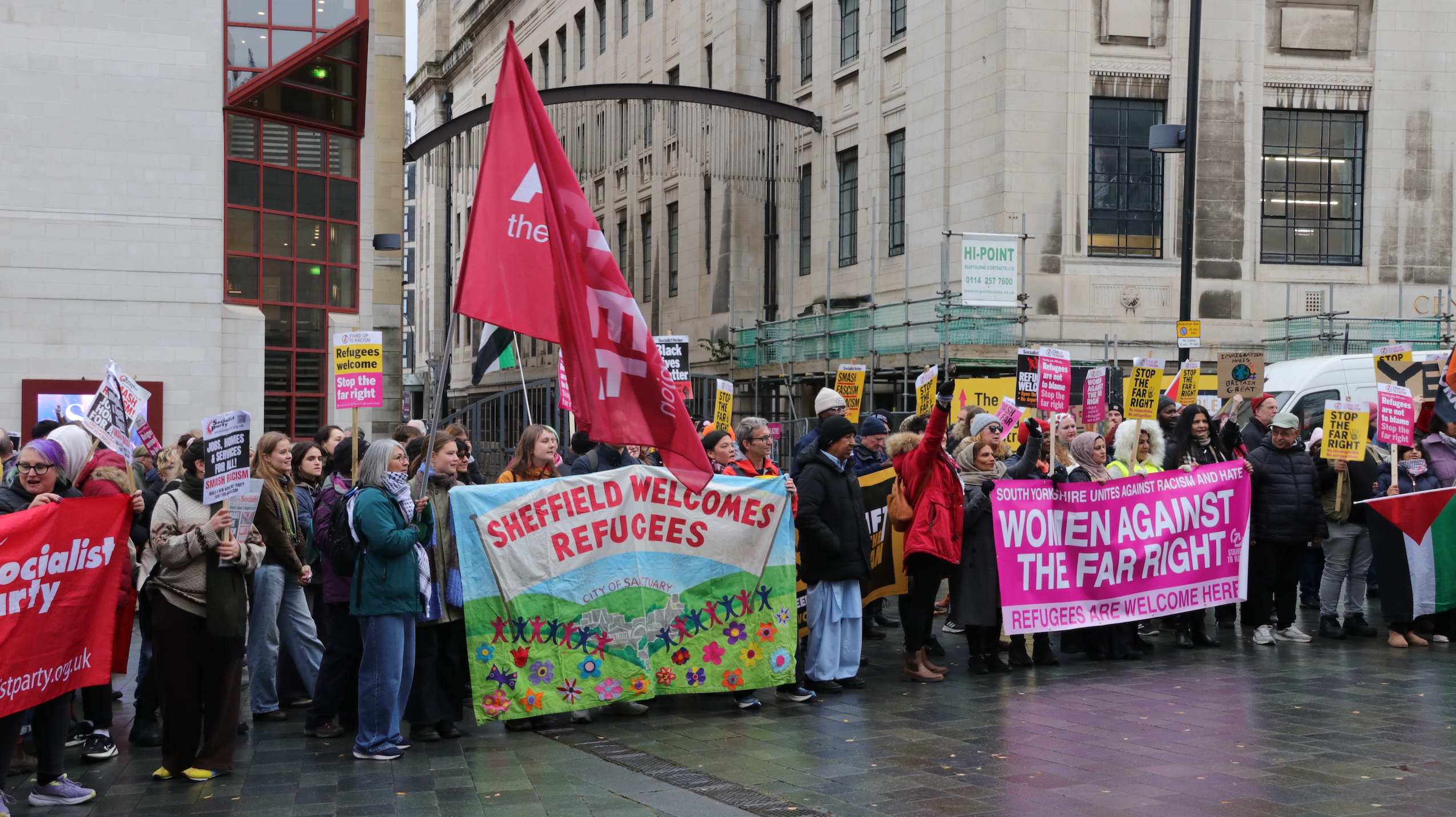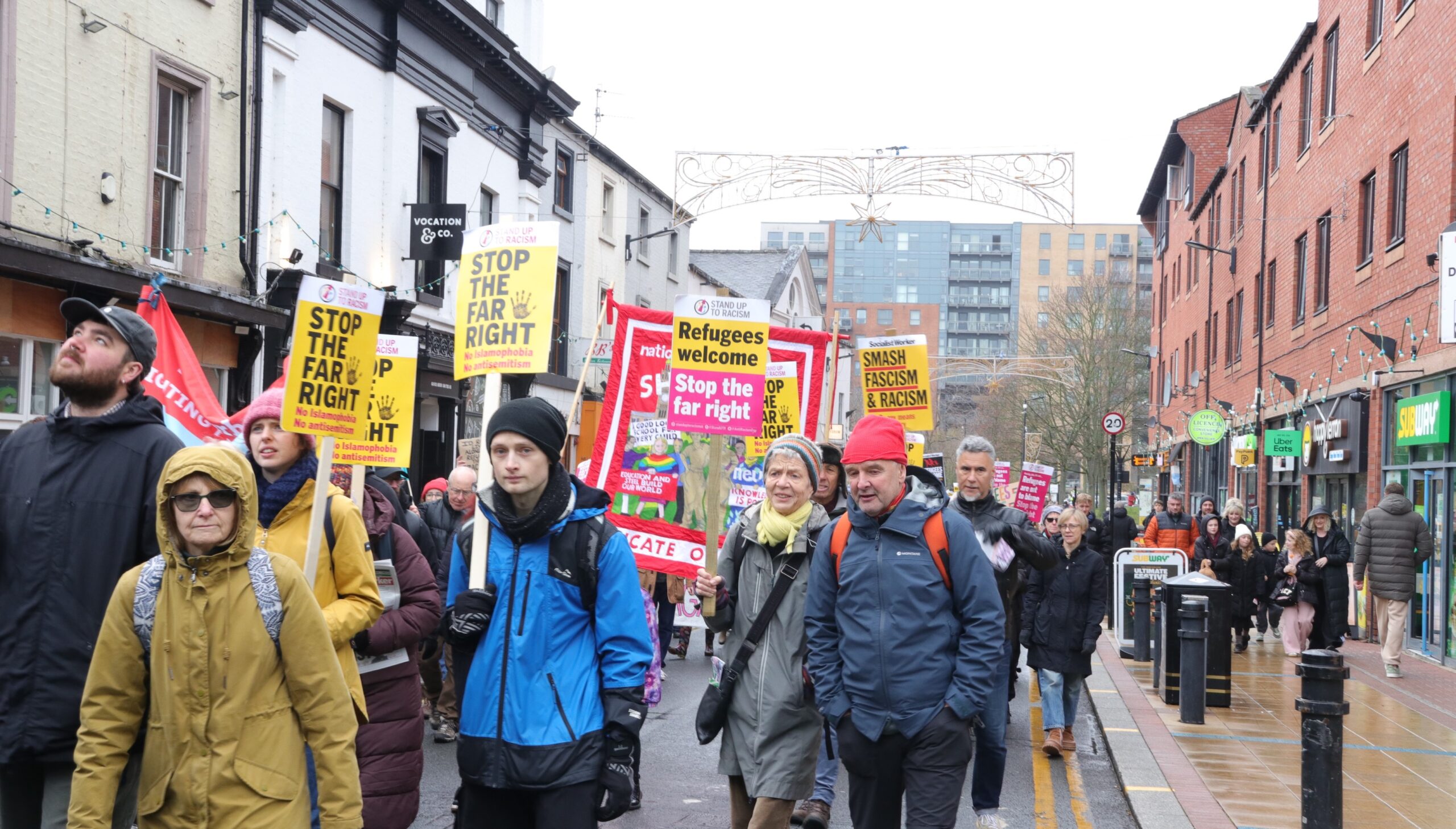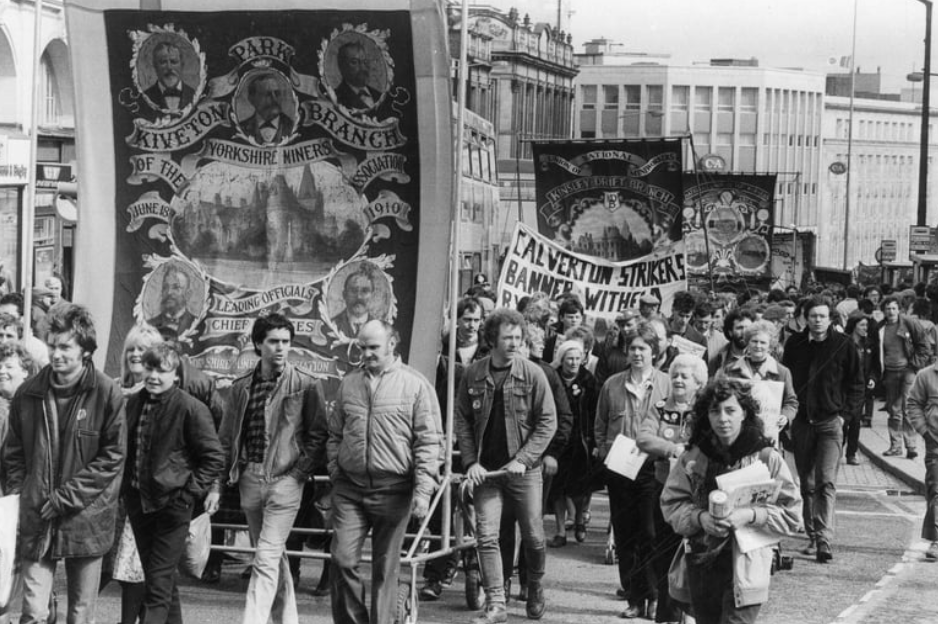Enraged by the changes to UK immigration policy proposed by the Home Secretary last week, hundreds gathered on Devonshire Green over the weekend, hoping to consolidate Sheffield as a place of refuge for those who seek asylum here.
Addressing a packed House of Commons last Monday, Shabana Mahmood was clear in her conviction that the pressure being placed upon Britain’s borders was growing and could no longer be ignored.
The Home Secretary advised: “We must acknowledge that the world has changed and our asylum system has not changed with it.”
Perhaps the most contested of the government’s reforms, though, were those announced by Mahmood a week ago on Friday, which will look at altering the qualifying periods for indefinite leave to remain (IDLR).
According to the new rules, the default qualifying period for IDLR will be doubled from five to 10 years, with migrants who arrived on the health and social care visa being forced to wait 15 years before they can earn settlement.
Meanwhile, claiming benefits or entering the country by illegal means could extend this default period by a further 20 years.

Protesters gather in Tudor Square to demonstrate their anger at the changes proposed by Mahmood
(Source: Evie Wynne)
Attendees at Saturday’s demonstration, organised by Stand Up to Racism, expressed concerns about the potential impact of Labour’s rhetoric upon the refugee community here in Sheffield.
Emma Davis, 39, an activist for Stand Up to Racism, said: “This is not just about paper policies, this is about people’s lives.
“The idea that you could be stuck on indefinite leave to remain for 25 years if you claim benefits? That’s both anti-working class and anti-migrant.”
City of Sanctuary, an independent charity providing support to refugees across the city, was quick to second this anxiety.
Director, Tom Martin, said: “We stand firmly against reforms that erode protection and instead advocate for compassionate, workable alternatives including fair decision-making, safe routes, the right to work, and meaningful integration pathways.”
Mr Martin worries that, by conditionalising migrants’ right to safety in this way, the government will leave them at risk of further precarity, whether in the form of trafficking, coercion or abuse.
The Snowdrop Project, a Sheffield-based charity caring for survivors of modern slavery and exploitation, echoed these concerns in an article published to their website.
CEO, Rachel Medina, wrote: “The vast majority of our clients are third-country nationals who would be affected profoundly by these changes from both a modern slavery and immigration perspective.
“Survivors deserve to be safeguarded, not scapegoated.”
But while the fear and apprehension surrounding these changes are certainly palpable, so, too, is the hope.
Responding to the recent demonstrations led by UKIP leader, Nick Tenconi, a member of the public Harry Bracken, 26, said: “Sheffield clearly stated, when we outnumbered them 10 to one, that we don’t tolerate that kind of behaviour in our city.”
With its overarching message as one of community, tolerance, and above all, peace, Saturday’s demonstration was certainly a heartening example of grassroots organising in action.




